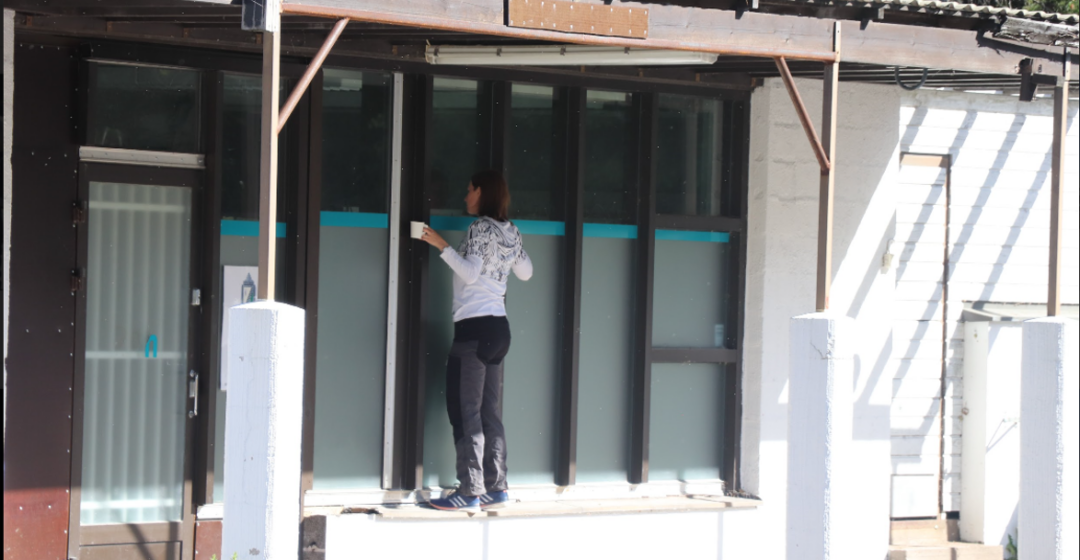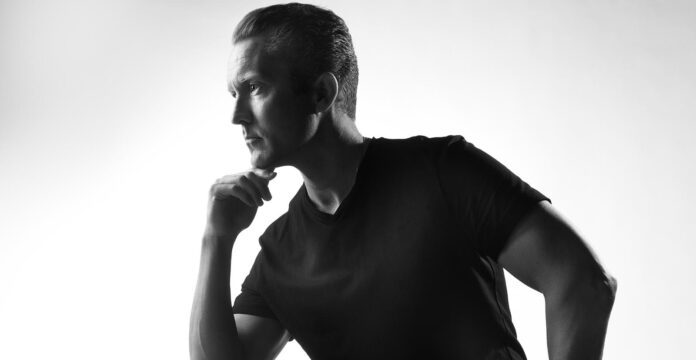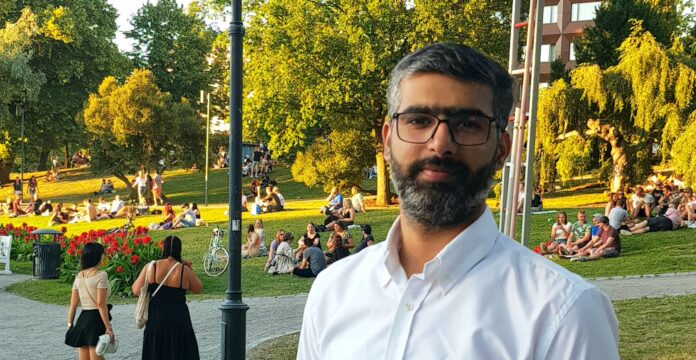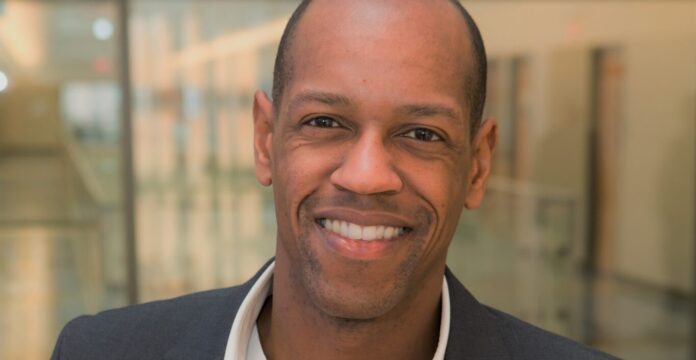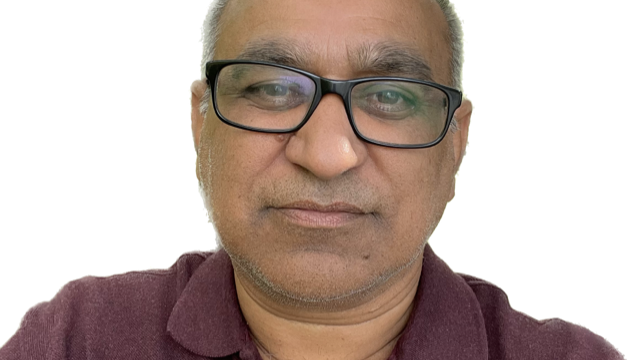Image: ”Curiosity is at the core of being a researcher. In this picture, my colleague Sanna Mäki caught me being curious.”
This series introduces the members of University of Vaasa’s InnoLab research platform. Today we’re meeting Johanna Hautala.
What are you?
A scholar, mother, and an athlete in my own life.
Your title at InnoLab is Associate Professor in Regional Development and Innovation Policy – but what, exactly, do you do?
At the moment, I am only getting acquainted with my new responsibilities, my new colleagues and students, the university, and Vaasa in general. During past weeks, I have used my time for research, leadership, supervision, preparing teaching, and developing education and research in Regional Studies. Doing research is my passion, and we have a great group of enthusiastic researchers finding out what creativity is and how knowledge is created in the era of AI.
That sounds like a lot of work. Why bother?
I am doing work I want to do and getting paid for it 😊 Why bother anything else?
Good point! So how did you end up doing this work, in Vaasa?
I have a background in geography, and I have practiced geographical mobility in my career path as well: I found my way to the University of Vaasa through Universities in Helsinki, Oulu, Uppsala, Turku, Berlin, and Singapore. To answer “how”, I would say by moving myself to settings where I can become a better scholar.
If you are asking how I ended up as a scholar, then the story is somewhat different. I started studying knowledge creation and innovation processes already in 2005 when I was a Master’s student in the University of Oulu. I got really excited and empowered about doing research: I can create wonderful questions and answer them! It is a very simple idea, but also the core of being a scholar.
I have been able to delve into the places, mobilities, and rhythms of knowledge creation, innovation, and creativity. Such a topic of research has also raised my interest in developing research environments that support internationally ambitious research. Moreover, I love technology! I cannot understand technical details, and I am not very good at using all these wonderful new gadgets, but I love to understand how we human beings, regions and societies develop with technology.
Imagine your phone rings. It’s the call you’ve been hoping for – what is it about?
These days a good deal of nice news come through e-mail — like the congratulations for your new funding or accepted paper. If we talk about calling, then the calls from my family members and friends always make me happy. Perhaps a friend who would invite me to go for cycling, running, or horseback riding!
Sounds like a good time – but alas, it’s actually a journalist! They’re finally doing a story on that one topic you’ve always wanted to give an interview on. What do you say?
Let’s say this happens in 2023, when our projects on creativity and knowledge creation between humans and AI are finished, and we have answers to our research questions.
I would talk about the meaning of knowledge for our society and explain how that is changing when we create knowledge together with self-learning machines. I would present a few clear points on what to consider in public governance, universities, and companies who start applying AI. I would like to make sure they apply AI in ways that ensure their decisions are based on ethically sustainable and critically created knowledge. I would also like to encourage people to engage in more meaningful working processes with the help of advanced technology — rather than worrying whether automation or machines will replace their jobs. I would like to encourage people to play with AI and to learn to be creative by exploring (with) AI.
I’ll be looking forward to the story in a few years! It sounds like an interesting project. What else would you like to learn more about?
On the one hand new technologies: robots, AI, and virtual spaces. On the other hand, about Vaasa and the “Vaasa Regional Studies experience” which I have already learnt to appreciate here. We have skilled teachers who have developed very interesting courses and collaboration practices within regional studies to combine education with “hands-on” regional development!
Seems like you know plenty already! Could you recommend me something – anything?
Whole-day cycling trip that includes local food, swimming, countryside, the sea, and good music. Turn from an interesting crossroads and get a bit lost.
Good tip! Any last advice for being both an effective researcher and a happy office worker?
Well, just focus on doing what you enjoy and consider interesting. Whenever you have something good or encouraging to say to others around you, say it.
From the perspective of Johanna’s coworkers: What makes you appreciate Johanna as a colleague?
“Johanna is a brave, ambitious and sensitive person. I appreciate her as a colleague especially because of her passion for science and everlasting motivation to uphold high standards in everything she does.”
“She is meticulous, analytical and amazingly quick in everything she does. Working with Johanna is easy and straightforward. Her research interests are also very timely, so we are very happy to have her with us!”
”Johanna is a calming presence among the turmoils of research and shows authority by listening to others. She gives room for ideas and makes great observations, through which she makes decisions, that feel mutual. Discussions with Johanna somehow always feel very important, regardless of what they are about!”
